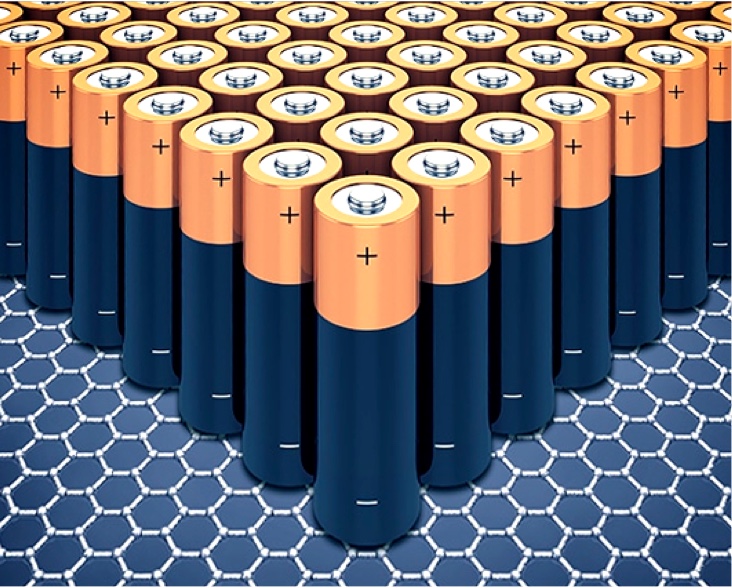
Electric vehicles
can effectively reduce emissions and protect the ecological environment.
However, mileage anxiety is still a common concern of many potential electric vehicle owners, and this situation may be changed. Electric vehicle batteries are divided into two categories, storage batteries, and fuel cells. Batteries are suitable for pure electric vehicles, including lead-acid batteries, nickel-based batteries, sodium-sulfur batteries, secondary lithium batteries, and air batteries. Fuel cells are used for fuel cell electric vehicles, including alkaline fuel cell (AFC), phosphoric acid fuel cell (PAFC), molten carbonate fuel cell (MCFC), solid oxide fuel cell (SOFC), proton exchange membrane fuel cell (PEMFC), direct methanol fuel cell (DMFC).
There are slightly different types of electric vehicles. In pure electric vehicles equipped with only batteries, the role of batteries is the only power source of vehicle driving system. In hybrid electric vehicles equipped with traditional engines (or fuel cells) and batteries, batteries can play the role of both the main power source of the vehicle driving system and the auxiliary power source. Visible at low speed and start when the battery is playing the role of automobile driving system main power source; at full load acceleration, acting as the auxiliary power source role; energy storage role in normal driving or braking deceleration, as is.
According to foreign media news
researchers at Bristol University and Surrey University found that the energy storage technology breakthrough
This potential is the progress of researchers recently discovered a new type of supercapacitor material results. In addition to the charging time was shortened to 10 minutes, this material can also provide higher than traditional lithium-ion battery energy density for a supercapacitor. The researchers found that the new material for energy storage density can reach about 180 kWh / kg, which is more than the most ordinary electric car battery 100-120 WH / kg energy storage density is much higher.
This improvement may eventually lead to considerable mileage improvements for electric vehicles.
Researchers at the University of Surrey said: The discovery is exciting and it is hard to believe that we have made such great progress in such a short period of time. We can open a new chapter in low cost electrical energy storage technology, which can shape the industry’s future.
Although the rapid development of electric vehicle technology has made in the past few years, but the traditional gasoline powered cars in the short term than electric cars have a greater advantage.






